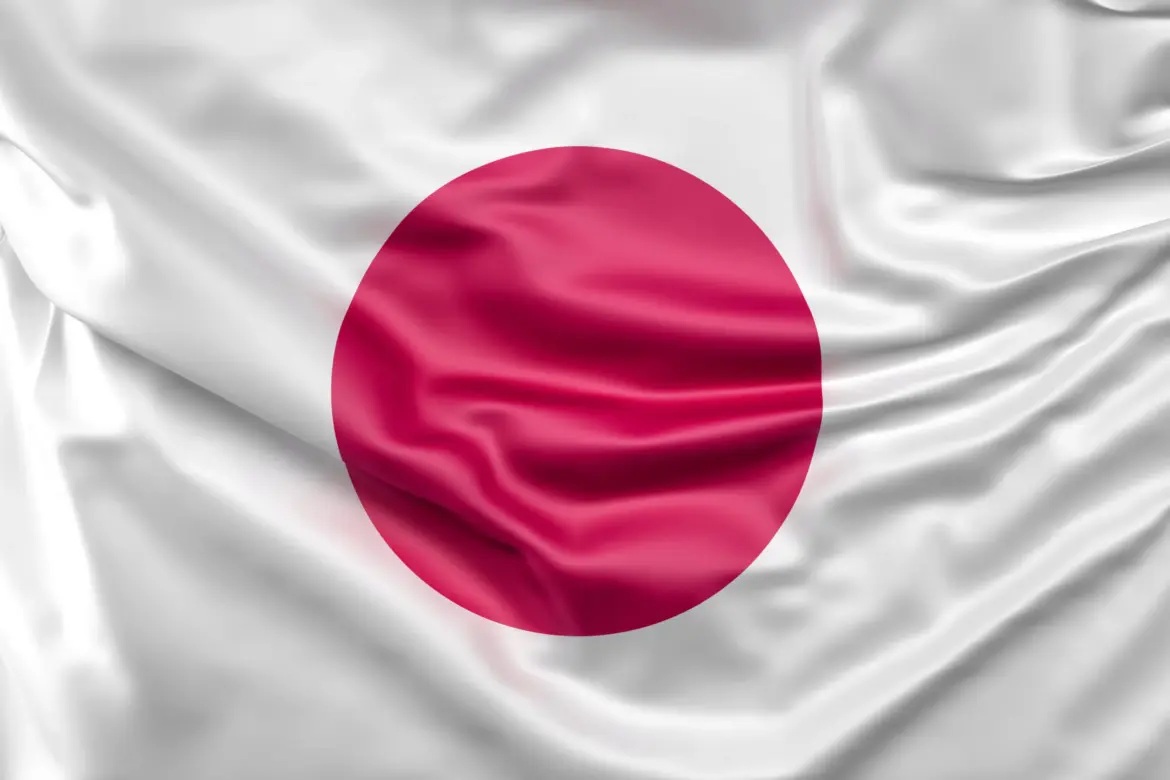Today, Japan positions itself as a world leader in the green economy to tackle the biodiversity crisis.
It does so through the integration of environmental policies and productive innovation.
Thus, the Asian country is betting on a model where economic growth and conservation advance together, as highlighted by the World Economic Forum.
The worrying context of biodiversity loss and Japan’s green response
Currently, the accelerated loss of biodiversity represents a global economic threat.
A report by Ceres estimates annual losses of up to USD 430 billion, with a cumulative USD 2.15 trillion over five years for the global economy.
Sectors such as food, mining, and forestry are among the most vulnerable.
The World Bank warns that without urgent measures, global GDP could fall by USD 2.7 trillion per year by 2030.
In response, in 2022, the Japanese Ministry of the Environment presented a national roadmap to achieve the global commitment “30×30”.
What does this mean? Aiming to conserve at least 30% of land and oceans by 2030.
 Japan revolutionizes the green economy: this is how it combines technology and nature to save the planet. Source: Freepik.
Japan revolutionizes the green economy: this is how it combines technology and nature to save the planet. Source: Freepik.
The plan establishes three main axes:
expand protected areas;
incorporate effective conservation measures (OECMs), and;
strengthen transparency through result tracking.
In this line, in August 2025 the government launched the Nature-Positive Portal, a digital platform that brings together policies, open data, and best practices.
This tool facilitates exchange among public bodies, companies, and civil organizations.
Added to this are the Transition Strategies towards a Nature-Positive Economy, in effect since March 2024.
These establish natural capital as the basis for sustainable development and long-term investment.
The private sector drives the green economy in Japan
The private sector is key in sustaining the green economy in Japan.
It takes seriously the international standard Taskforce on Nature-related Financial Disclosures (TNFD) published in 2023.
Since then, 182 Japanese companies have announced commitments to report on natural impacts.
This figure is a world record, according to the Financial Times.
For example, Oji Holdings, a leader in the paper industry, has made commitments to zero deforestation and biodiversity.
Technology also plays a central role in this transition.
Another project, carried out between NTT DOCOMO BUSINESS and Biome Inc., combines satellite images with BiomeDB, the largest database of its kind in Japan.
These tools allow for real-time environmental monitoring and data-driven ecosystem management to optimize resources and conservation decisions.
 Tokyo, capital of Japan. (Photo: Pixabay).
Tokyo, capital of Japan. (Photo: Pixabay).
Communities, companies, and international cooperation
Japan also prioritizes the inclusion of rural and urban communities in the transition process.
Local development projects promote the sustainable management of resources.
Additionally, it seeks to create green jobs while strengthening the ties between territory and biodiversity.
Therefore, business transformation in Japan drives productive models focused on the active regeneration of natural systems.
Regenerative agriculture, responsible forestry, and biotechnology mark the new sustainable competitiveness.
In terms of international cooperation, Japan participates in forums such as the COP15 on Biological Diversity and collaborates with nations in Asia and the Pacific.
There, it shares technology and regulatory approaches to boost the regional green economy.
Japan’s green economy model, a global example
The World Economic Forum and the Financial Times value the Japanese experience as an example for other emerging economies.
Collaborative and transparent governance turns goals into mechanisms of coordination and permanent adjustment.
The integration of open data, international standards and citizen participation lends legitimacy to the process.
Analyses agree that resilience to the ecological crisis will be essential to maintain economic and social stability.
Japan demonstrates that it is possible to align public and private interests: to build a future where prosperity and nature are allies, not opposites.


AloJapan.com